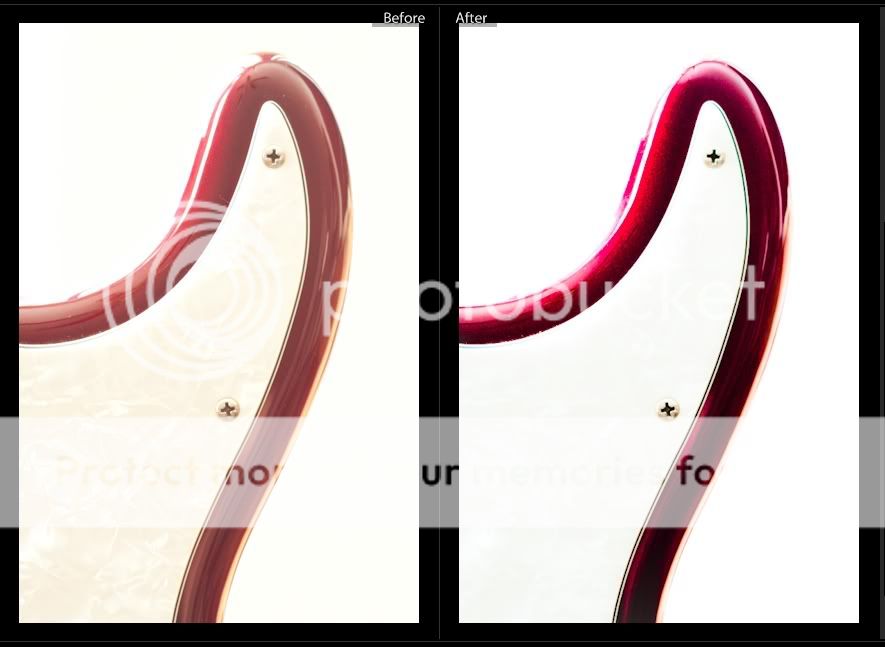This thread may have run its course but I wanted to comment on a couple things anyways...
It would be like handing a scalpal to a premed student and having him do a vasectomy.... Yes surgery is apart of being a doctor... but why would you start out doing it... .Just like post processing, whether in camera or out, certainly has its place.... for many reading this shouldn't even be thought about.
That analogy is closer to describing why a beginning photographer shouldn't start off by shooting weddings. A medical student
does have to learn how to use a scalpel, but they practice, practice, practice on cadavers long before they have to use that skill
when it matters. Learning to use post processing as a tool is the same thing; you have to practice. A doctor that knows everything he needs to know about performing an operation but is really unskilled with a scalpel would not be a very good doctor; a photographer that knows a lot about how their camera processes a photograph but lacks the skill to do it themselves would not be a very good photographer.
The are many ways to process in camera that can just as well be done out of camera... but I'm more interested in learning it in camera.... exposure compensation, white balance, color saturation, color modes.... I want to learn how to do that in camera... I want to be able to look at a scene and know what settings I can set to make the shot pop in the first place.
You might want to think about this the other way around. Take some pictures in RAW, and then go in to the RAW processing software of your choice and mess with the values to see what changes. That way, you actually learn what it does to the picture, so later on if you want to do it in-camera, you have a good idea of what the effect will be.
Basically, what I'm saying is, learning post-processing techniques
will make you a better photographer. Adjusting exposure compensation or white balance or anything else is pretty much the same whether you do it in-camera or by using RAW conversion software, but the big difference is that if you do it in-camera, you have less control and it's essentially permanent. Why put yourself through the agony of ending up with a shot that
could have been great if only you'd changed some settings on the camera first, when you could take a shot and adjust the settings later to
make sure it's great? Eventually, doing all that post-processing will help you decide what settings to use when taking shots later, and then you'll find that when you do the post-processing on
those, that you'll really be able to make them pop.
The point is, PP is part of photography, and you can learn
from it or you can learn
in spite of it. You'll be a better photographer in the end if you do the former.
 would you be able to direct me to a thread that maybe would be more pertinent to my question? Maybe I could get a few answers?
would you be able to direct me to a thread that maybe would be more pertinent to my question? Maybe I could get a few answers?

 Yup, it is. Most people don't notice right away. You must be cool.
Yup, it is. Most people don't notice right away. You must be cool.





![[No title]](/data/xfmg/thumbnail/37/37604-7ad625e983f92f880eb65a264eeef5e4.jpg?1734170732)



![[No title]](/data/xfmg/thumbnail/37/37605-90c8efaef5b7d1f52d4bf8e7dfd33673.jpg?1734170732)


